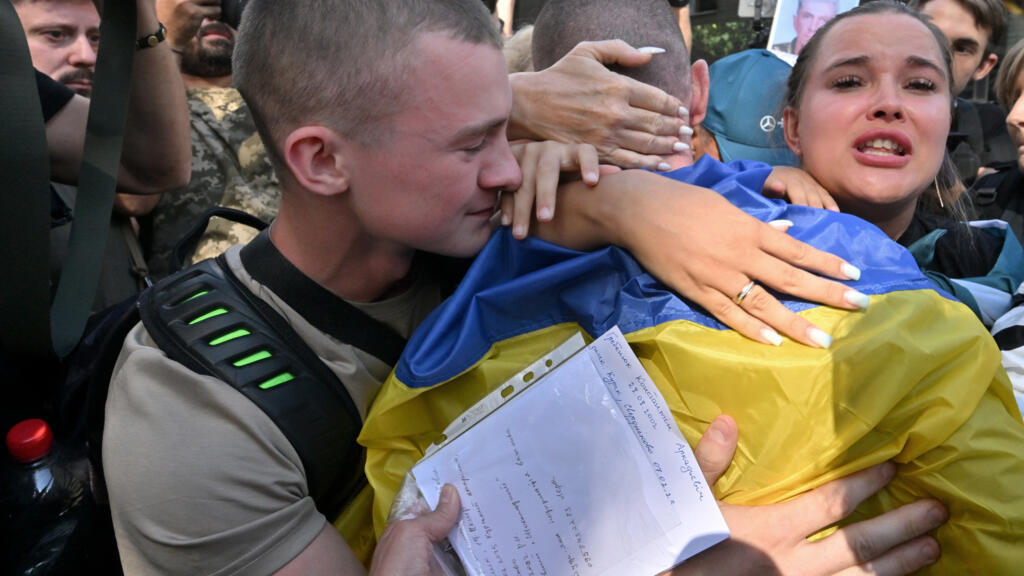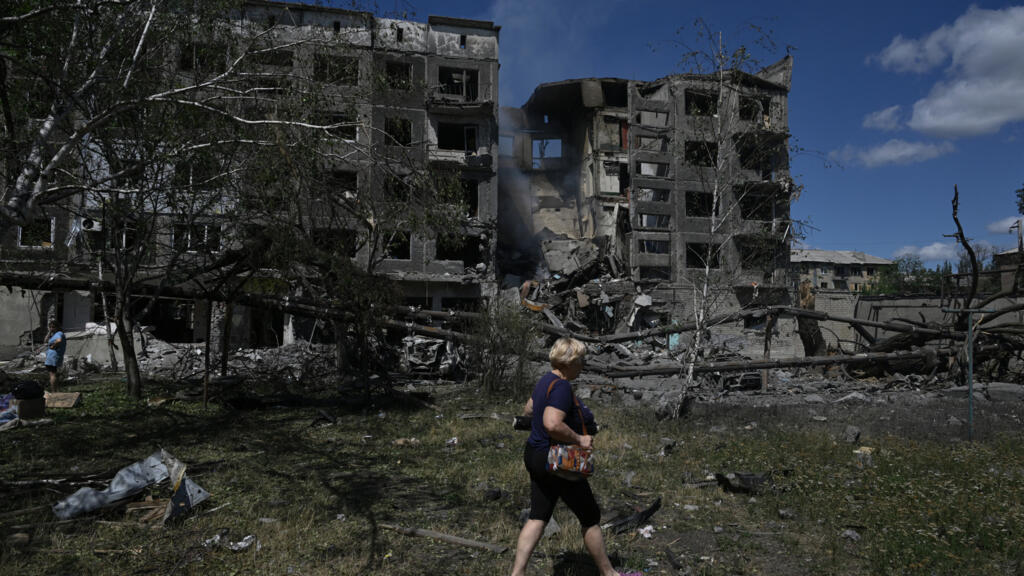On Wednesday, the Russian government announced a significant move to restrict communications on popular messaging applications such as WhatsApp and Telegram. This development is part of an ongoing effort to "combat criminals" as stated by officials. The decision comes in light of concerns raised by a government watchdog, which claims that these platforms are increasingly being exploited for fraudulent activities, extortion, and even the recruitment of Russian citizens into "terrorist activities."
In recent years, messaging apps like WhatsApp and Telegram have surged in popularity due to their user-friendly interface and robust privacy features. However, Russian authorities have expressed alarm over the misuse of these platforms by criminal elements. Officials argue that the unrestricted nature of these applications enables various illegal activities, creating a pressing need for regulatory measures that can help mitigate these threats.
According to the monitoring agency, Telegram and WhatsApp have been implicated in numerous criminal activities, including financial fraud schemes and organized extortion operations. The agency detailed instances where these platforms facilitated communication among criminals, allowing them to coordinate illegal actions more effectively. As law enforcement agencies struggle to keep up with the rapid evolution of crime in the digital space, the government's proposed restrictions aim to create a safer environment for citizens.
In the wake of this announcement, there is considerable speculation about how these restrictions will be implemented and what specific measures will be taken. Potential actions may include limiting the functionality of these applications or mandating stricter identification procedures for users. Such measures raise questions about privacy and freedom of expression, particularly in a country where digital communication has become integral to both personal and professional interactions.
The implications of these proposed restrictions are far-reaching. For millions of users who rely on these messaging apps for daily communication, the government's intervention could disrupt their ability to connect with friends, family, and colleagues. Additionally, businesses that use these platforms for customer service and engagement may also face challenges, which could harm the broader economy.
Experts believe that while the government's intentions to combat crime are valid, the effectiveness of such restrictions remains uncertain. Critics argue that instead of targeting communication platforms, authorities should invest in better law enforcement practices and develop alternative strategies to tackle the root causes of crime. This could include improving educational programs, providing social support, and enhancing cooperation among different law enforcement agencies.
Furthermore, there are concerns that the restrictions could lead to a chilling effect on free speech and the open exchange of ideas. Messaging apps like Telegram have historically been used by activists and opposition groups in Russia to organize and communicate, especially in times of political unrest. Therefore, the proposed measures could potentially suppress dissent and limit civic engagement, further complicating the social and political landscape in the country.
As discussions continue regarding the framework and scope of these restrictions, the Russian public remains watchful. Many are debating the balance between security and freedom, weighing the government's responsibility to protect citizens against its obligation to uphold individual rights. Overall, the government's stance on messaging apps underscores the complex dynamics between technology, crime, and governance in contemporary Russia.












